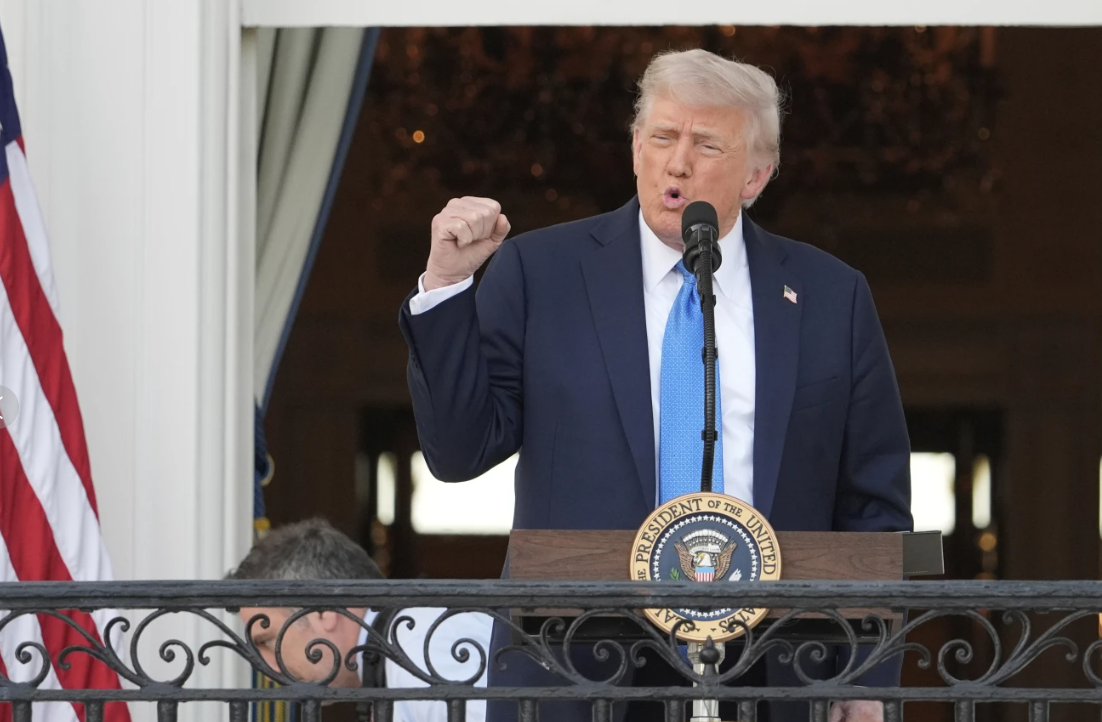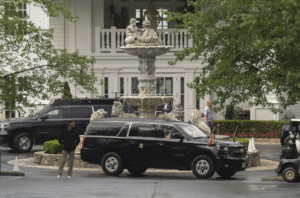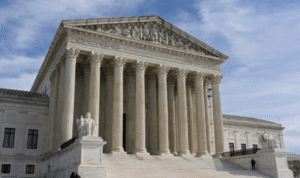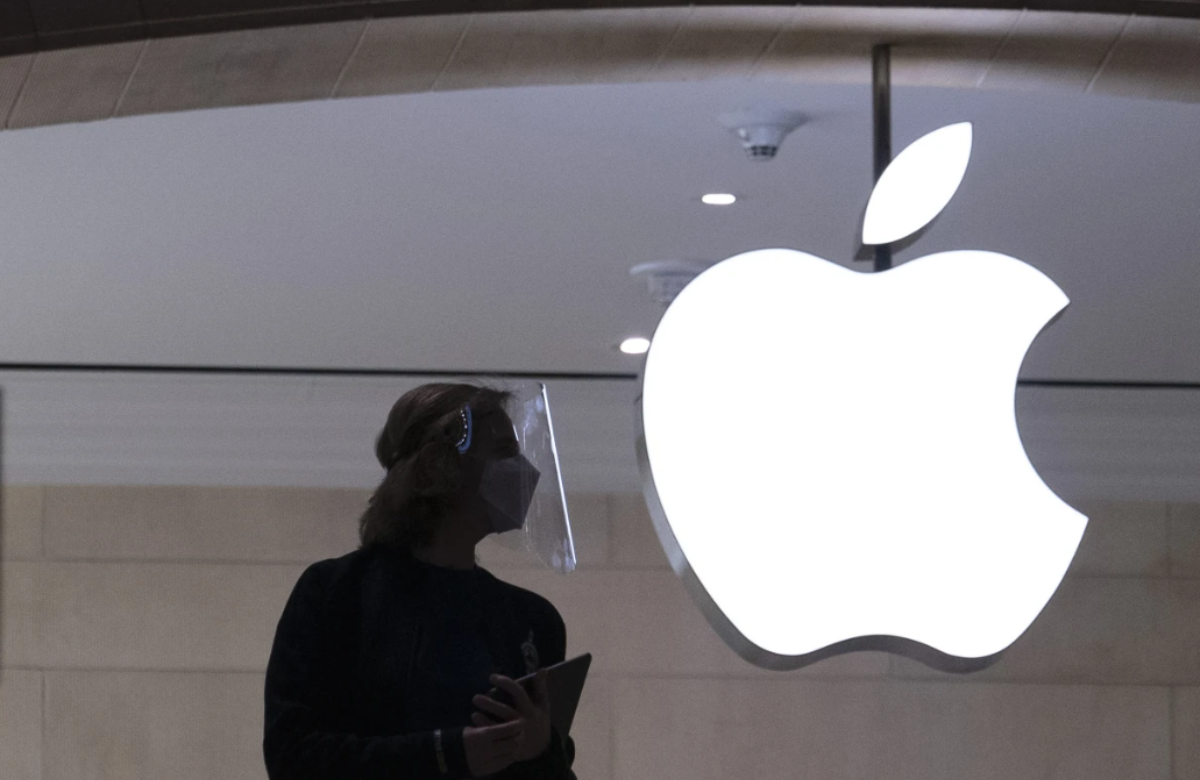Former President Donald Trump has revived a signature policy from his first term, announcing a new travel ban that will prohibit citizens from 12 countries from entering the United States, with visitors from seven additional nations facing tightened restrictions. The new policy is set to take effect on Monday at 12:01 a.m., allowing a brief lead time to prevent the kind of airport chaos seen during the rollout of the 2017 version of the ban.
This time, the policy appears to have stronger legal grounding, following a 2018 Supreme Court decision that upheld an earlier iteration of the ban. Trump had signaled plans for this new restriction soon after returning to office in January.
Countries affected by the outright ban include: Afghanistan, Myanmar, Chad, the Republic of Congo, Equatorial Guinea, Eritrea, Haiti, Iran, Libya, Somalia, Sudan, and Yemen. Meanwhile, travelers from Burundi, Cuba, Laos, Sierra Leone, Togo, Turkmenistan, and Venezuela will face more limited entry restrictions.
In a video posted to social media, Trump linked the renewed travel ban to a recent terror attack in Boulder, Colorado, arguing that visa overstays pose a security threat. The suspect in that incident was from Egypt — a country not on the list — and had allegedly overstayed a tourist visa.
Trump justified the ban by citing national security risks, claiming some countries either have poor vetting systems or refuse to take back their nationals after deportation. His policy is backed by data from the Department of Homeland Security that highlights high rates of visa overstays, particularly among tourists, business visitors, and students.
“We don’t want them,” Trump stated, referring to individuals from the listed countries.
The inclusion of Afghanistan drew sharp criticism, especially from veterans and organizations helping Afghan refugees. Though exemptions exist for Afghans holding Special Immigrant Visas—typically issued to those who assisted U.S. forces—many were outraged at the broader ban. Roughly 14,000 Afghan refugees were resettled in the U.S. in the 12 months ending September 2024.
Shawn VanDiver, president of the advocacy group #AfghanEvac, called the policy “a moral disgrace,” arguing it betrays American allies who risked their lives during the war in Afghanistan.
Trump defended Afghanistan’s inclusion, citing the country’s lack of a reliable passport system and high visa overstay rates. Similar reasoning was applied to Haiti, which wasn’t part of the original 2017 ban. The Caribbean nation is dealing with extreme poverty, political unrest, and widespread gang violence—factors that have led many Haitians to flee. Trump’s order claimed Haiti lacks the ability to share law enforcement data that could protect U.S. national security.
Iran was also included under the new restrictions, though the Iranian government hasn’t responded publicly. The U.S. government continues to label Iran a state sponsor of terrorism. Only specific visa holders and persecuted minorities are eligible for exceptions under the new rule.
Other Middle Eastern and African nations on the list, such as Libya, Sudan, and Yemen, are all grappling with conflict, fractured governments, and ongoing instability. Sudan remains in a state of war, Yemen’s civil war is in a stalemate, and Libya is divided among rival militias.
The policy has sparked widespread backlash from refugee resettlement groups and humanitarian organizations. Abby Maxman, president of Oxfam America, called the policy divisive and said it unfairly targets people seeking safety and a better life in the U.S.
The new travel restrictions are based on a January 20 executive order that directed the Departments of State and Homeland Security, along with the Director of National Intelligence, to evaluate which countries might pose security threats or display hostile attitudes toward the U.S.
Trump’s first travel ban, issued in January 2017, led to widespread confusion and legal challenges. It originally applied to seven Muslim-majority countries—Iraq, Syria, Iran, Sudan, Libya, Somalia, and Yemen—and left travelers stranded or detained at airports. That version of the policy was revised multiple times before being upheld by the Supreme Court in a narrower form.
Though Trump and his allies maintain that the policy is focused on national security, critics argue that it reflects discriminatory attitudes—particularly given his early campaign promise to ban Muslims from entering the U.S.













